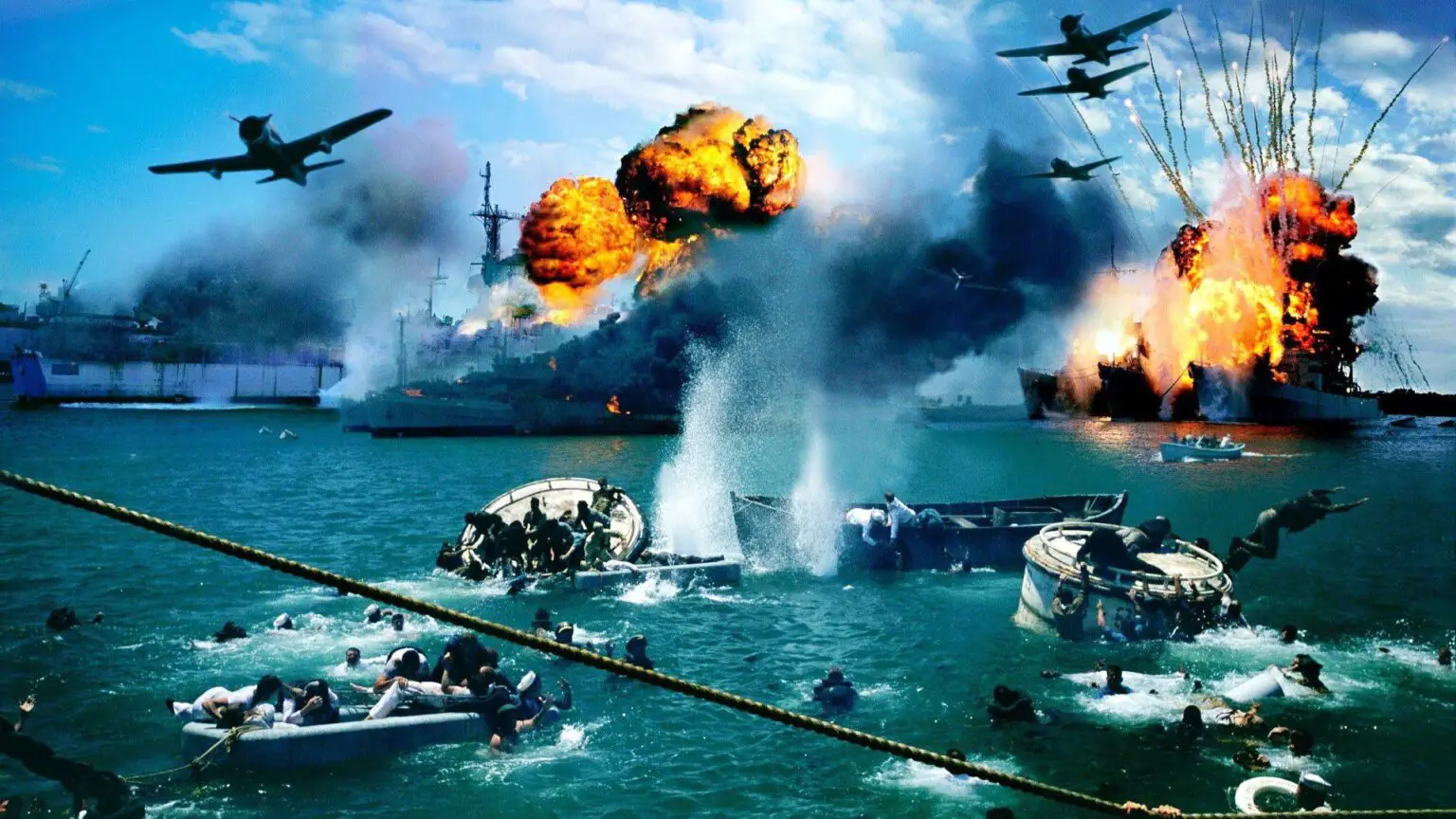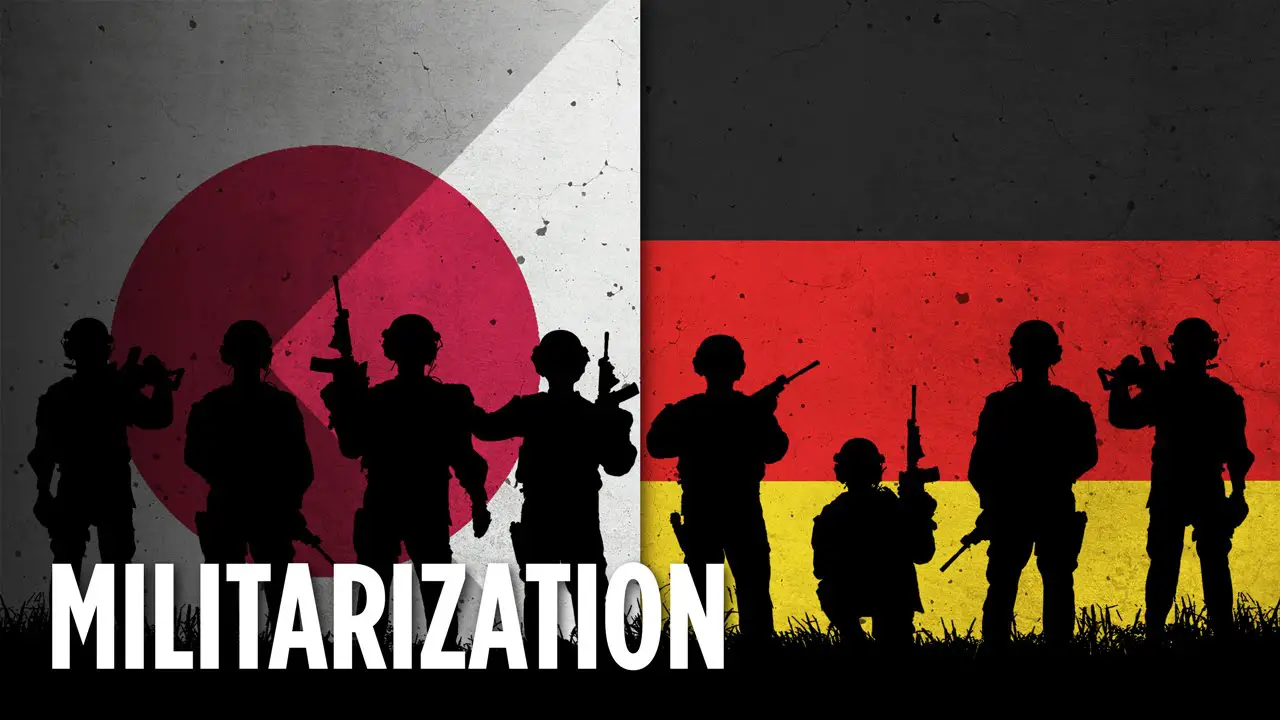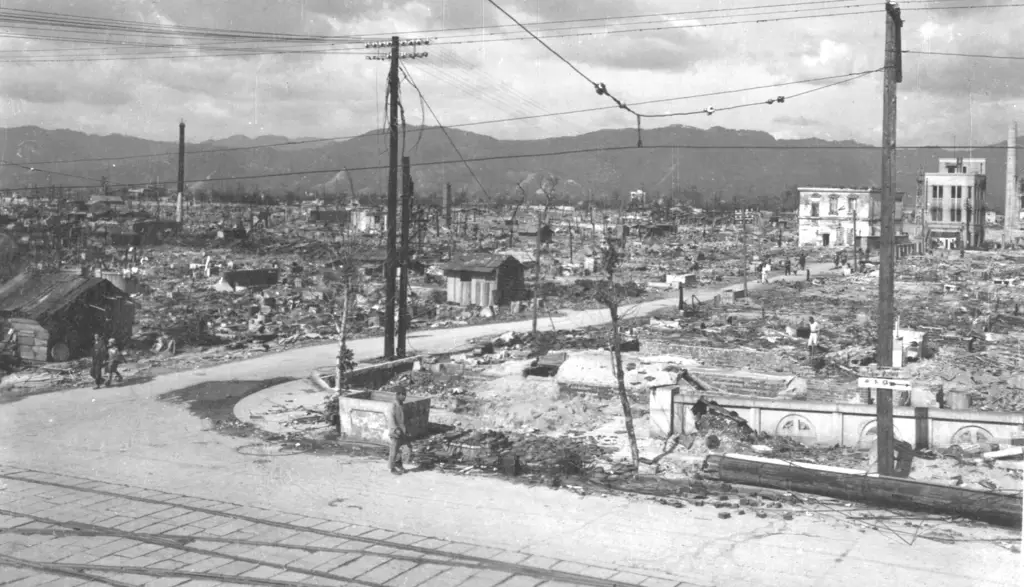The attack on Pearl Harbor is one of the most significant events in world history, but what led Japan to launch such a devastating attack? Discover the reasons behind why did Japan attack Pearl Harbor in 1941. Learn about the political, economic, and military factors that led to this pivotal moment in World War II, and explore the long-term consequences of this attack on both Japan and the United States.
Introduction
On December 7, 1941, the United States Navy was attacked by the Imperial Japanese Navy at Pearl Harbor, Hawaii. This attack, which killed 2,403 Americans and wounded 1,178, propelled the United States into World War II. While the attack itself is well known, the motivations behind Japan’s decision to attack are less understood. In this blog post, we will explore the factors that led Japan to attack Pearl Harbor and the consequences that followed.

Japan’s Road to War
In order to understand why Japan attacked Pearl Harbor, it is important to understand the events that led up to the attack. Japan had been expanding its empire throughout Asia and the Pacific since the early 1930s. In 1931, Japan invaded Manchuria, a region in northern China. The following year, Japan withdrew from the League of Nations in protest of international condemnation of its actions in Manchuria. By 1941, Japan had conquered much of Southeast Asia and the western Pacific.

The United States was concerned about Japan’s aggressive expansion and began implementing economic sanctions against Japan. In 1940, the United States passed the Export Control Act, which prohibited the export of strategic materials such as oil, iron, and steel to Japan. This was followed by a total embargo on oil exports to Japan in July 1941.

Japan’s military leaders viewed these actions as a threat to Japan’s national security and sought a way to eliminate the threat. They believed that if they could destroy the United States Pacific Fleet, they would be able to conquer Southeast Asia and the western Pacific without interference from the United States.
The Decision to Attack
Japan’s decision to attack Pearl Harbor was not made lightly. The attack was the result of months of planning and debate among Japan’s military and political leaders. In September 1941, Admiral Isoroku Yamamoto, the commander-in-chief of Japan’s Combined Fleet, began developing a plan to attack the United States Pacific Fleet at Pearl Harbor.


Yamamoto knew that Japan did not have the resources to fight a prolonged war against the United States, so he believed that a surprise attack on the Pacific Fleet would give Japan a chance to quickly achieve its objectives. He also hoped that the attack would demoralize the United States and prevent them from entering the war.
The attack was initially planned for November 1941, but it was delayed due to logistical issues. On November 26, 1941, the Japanese fleet departed for Hawaii. The attack was scheduled for the morning of December 7, 1941.

Consequences of the Attack
The attack on Pearl Harbor was a major turning point in World War II. It brought the United States into the war and changed the course of the conflict. The attack had several consequences for Japan as well.
In the short term, the attack was a success for Japan. The Pacific Fleet was severely damaged, with eight battleships, three cruisers, and four destroyers either sunk or severely damaged. However, Japan’s success was short-lived. The United States quickly rebuilt its Pacific Fleet and began an aggressive campaign to push Japan out of the Pacific.

The attack also had significant political consequences for Japan. The attack was condemned by the international community, and Japan’s allies, Germany and Italy, declared war on the United States. This forced Japan into a wider war than it had anticipated.
The attack also had consequences for Japan’s domestic policies. In the wake of the attack, the Japanese government became
more authoritarian and restrictive. The government implemented measures to control the media and suppress dissent, which led to the imprisonment of thousands of Japanese Americans and other groups.

In addition, the attack on Pearl Harbor marked a turning point in the war in the Pacific. The United States was now fully engaged in the conflict, and its industrial might and resources would prove to be a significant challenge for Japan. The United States launched several offensives against Japan, including the famous island-hopping campaign, which gradually pushed Japan back towards its home islands.
The attack also had long-term consequences for Japan’s economy. The United States had been Japan’s main trading partner, and the embargo on oil and other goods had a significant impact on Japan’s ability to sustain its war effort. Japan was forced to rely on its limited resources, which eventually led to shortages of food and other essential goods.
Finally, the attack on Pearl Harbor had significant cultural consequences for Japan. The attack was a source of national pride and a symbol of Japan’s military prowess, but it also created a sense of guilt and shame among many Japanese people. The attack and Japan’s role in the war continue to be a contentious issue in Japanese society today.

Conclusion
In conclusion, the attack on Pearl Harbor was a pivotal moment in world history, and its consequences continue to be felt today. The attack was the result of a complex web of political, economic, and military factors, and it had far-reaching consequences for both Japan and the United States. While the attack itself was a tactical success for Japan, it ultimately proved to be a strategic mistake, as it brought the United States fully into the war and set the stage for Japan’s defeat.



